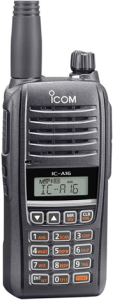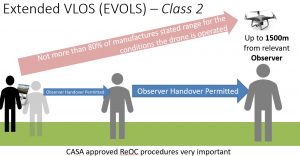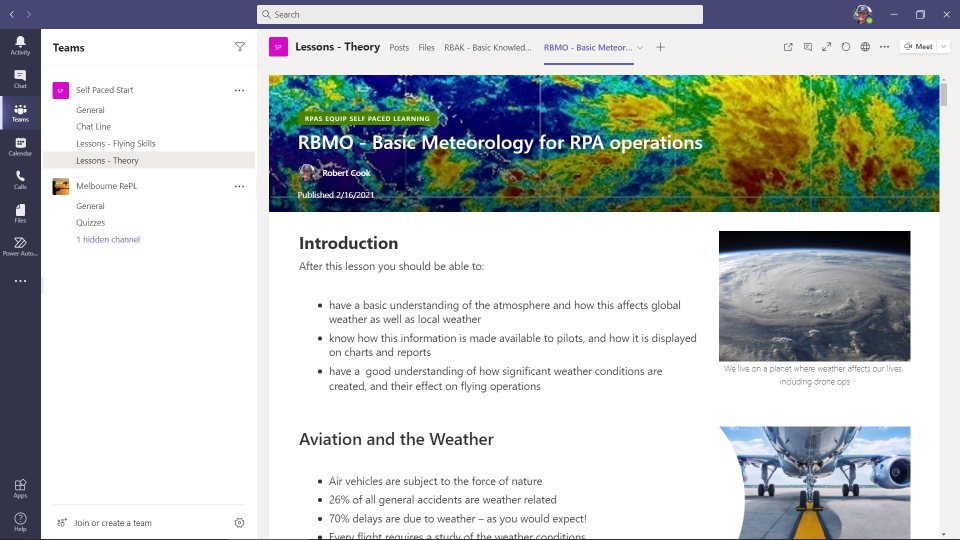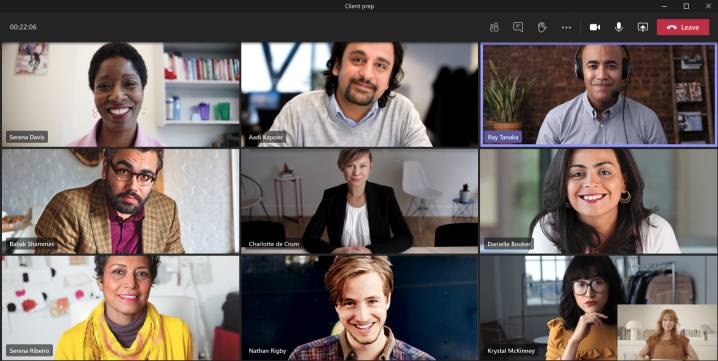frequently asked questions
We have listed some of the questions we get asked.
If you need more help, please call us.
Standard Operating Conditions - watch now !
You may fly a drone without a licence, but with restrictions. The video above covers the Standard Operating Conditions which define the Excluded Category.
As you can see, “excluded’ does not mean there are no flying rules!
Are you considering a career using a drone?
Do you want to re-invent yourself?
Do you want to know what drone jobs exist?
Take a look at our guide. It may help you get started.
questions and Answers
RPAS stands for Remote Pilot Aircraft System.
From the CASA MOS, we read, “RPAS means a set of configurable elements consisting of a remotely piloted aircraft, its associated remote pilot station (or stations), the required command and control links and any other system elements that may be required at any point during the operation of the aircraft.”
RePL – Remote Pilot Licence
“A remote pilot licence (RePL) allows you to fly remotely piloted aircraft (RPA) in circumstances that need specialist training.
You’ll need to apply for a RePL if you want to fly:
- a drone larger than 2 kg for commercial operations – any time you earn money for flying
- outside the drone safety rules (standard operating conditions)
- for a remotely piloted aircraft operator’s certificate (ReOC) holder.
If you want to fly for commercial purposes, you must also either hold a ReOC or work for a ReOC holder. If you get paid for flying your drone – you are flying commercially.
You may not need a RePL if you’re eligible to operate under the ‘Flying over your own land‘ or ‘Sub 2 kg‘ excluded category.
You don’t need a licence if you’re only flying for fun.
RePLs do not expire.
There is no minimum age requirement to obtain a RePL.”
adapted from the CASA website
A RePL enables you to escape the confines of the Standard Operating Conditions (SOC) which limit un-licenced drone operations.
You can fly commercially without a licence if you stay within the limitations of the SOC.
Currently there is no expiry date on the Remote Pilot Licence
ReOC – Remote Operators Certificate

A Remote Operators Certificate (ReOC) is required before you can use your RePL.
The ReOC consists of procedures and information relevant to the safe operation of RPAS. It contains exemptions and permissions granted to that Operator.
If you do not operate under a ReOC you are limited to the Standard Operating Conditions (SOC) of the Excluded category.
So, it is important to either operate under your own ReOC or someone elses.
The ReOC is an extra expense to you if you want your own. But, it defines the privileges your company will have as an Operator. These exemptions can give you a competitive advantage.
To fly a drone outside of the Standard Operating Conditions, you must either hold a ReOC or work for a ReOC holder.
A ReOC allows you to:
- fly closer than 30 metres
- fly above 400ft AGL
- obtain approvals to fly within restricted airspace
- near aerodromes
- extended-line-of sight, and beyond visual line-of-sight
- fly at night
- fly as close as 15m to people
AROC – Aeronautical Radio Operator Certificate

Aeronautical Radio Operator Certificate. Often confused with ReOC! An AROC is required to operate your RPA professionally by allowing you to make aeronautical calls to avoid collision with other aircraft. It is a requirement when operating in controlled airspace.
Your drone licence is limited without a licence to use an aviation radio!
To be granted an AROC you must:
- be at least 17 years old
- have received the appropriate AROC training
- have been assessed as meeting the AROC competency standards
- have a current English language proficiency assessment.
RPAS equip can provide the theory in class or via interactive online class. There is a 30 minute closed book exam.
We can also supply the pictured ICOM A16E radio at a special discounted rate to our students.
Your licence is limited without a licence to use an aviation radio.
To make the most of your RePL you will need to use an aviation radio to communicate with air traffic.
This allows you to obtain permissions to operate above 400 ft, within 5.5 km of a controlled airport, in many restricted airspaces, and in several other situations.
Unless you already have an aviation radio licence you will need training for an AROC.
For this reason, RPAS equip includes AROC training free in all RePL packages.
At RPAS equip we are there to help you gain your certificate.
If you require more time to revise we will point you in the right direction and you can resit the exam at a later time.
If you require more flight time, you can attend our practical course at another time.
One always needs permission from the landowner to fly over their property, and a national park is owned by the State. Yes, you do need permission for this, and you will have to contact the management of each park you intend to fly over. Different parks have different rules so permissions and limitations will vary, as will the process to obtain authorisation to fly there.
As a licensed manned aircraft pilot, you will be required to complete a short type training course which covers the basics of drone operations and pass a CASA flight assessment. You do not have to complete any theory training as this was all covered in your manned licence course.
We cover the key areas of difference between flying under a manned licence and a drone. This includes specific air law, battery management, permissions available, and JSAs.
Beyond Visual Line Of Sight! It stands to reason that if you are flying BVLOS you cannot physically see the drone and you will then have to rely on alternate methods of orientating and flying your drone.
BVLOS can be done, and as you will learn on your RePL course It’s possible to fly BVLOS but requires an approval process as required by CASA.
We cover cover BVLOS on our course.
Extended Visual Line of Sight (EVLOS), will allow you to fly further than the limits of Visual Line of Sight (VLOS).
So, if you wish to conduct a survey EVLOS will allow you to cover a larger area.
There are two classes of EVLOS operation, each with the following limitations.
The limitations are based on the following:


Having remote flying experience is an advantage in reducing the time spent on learning orientation and control of a drone. This will make it easier to obtain your licence.
ARN stands for Aviation Reference Number. It is like an account number used to identify you in the aviation world.
An ARN is available to individuals and/or to one legal entity.
So simple, what is there to know?

Drones may appear simple to operate but to fly them safely and with control demands greater knowledge and skill.
It looks easy until GPS is lost and you are left with a drone drifting with the wind.
With practice and a good instructor you can fly your drone with the confidence of a professional drone pilot.
Online face to face interactive courses
The theory component of any course is available through our online face-to-face classes.
Most people find these classes are just like being there in person. In fact, most people say it is better when you consider the advantages.
- You can make an immediate start – no waiting for the next course!
- Reduces the time you need to attend the course and travel time
- If you live in a rural location you can take all the theory classes at home
- You can even spread the course over several weeks
- You can take a lesson from any location in the country
Subjects include quizzes, feedback questions, video, and any electronic media which helps you grasp the subject.
All courses are conducted during weekdays, unless otherwise arranged.


Lessons are delivered through Microsoft Teams.
- You do not require a Microsoft account.
- All you require is a PC or notebook with a webcam.
Type Training
Type Training allows an upgrade or licence to be issued based on an existing licence.
If you hold a valid Flight Crew Licence you can obtain a RePL by completing this short course.
If you have a RePL, you can upgrade your licence to another weight category (for example, Multi rotor 7kg to Multi rotor 25 kg).
Theory will only consist of those subjects not covered by your existing licence.
Practical flying is competency based and you will need to practice flying.
MOS - Manual of Standards
“In particular, the MOS prescribes requirements for the following:
- RPA training courses in the aeronautical knowledge and practical competencies required for the issue of a RePL, including how a RePL may be upgraded to a different category of RPA
- RPA training organisations to deliver RPA training courses and assess applicants
- the operation and use of unmanned aircraft in controlled airspace
- unmanned aircraft operations in prescribed areas in the vicinity of aerodromes
- RPA operations beyond VLOS
- record keeping
- notifications to CASA regarding very small RPA for hire or reward for commercial remote pilot aircraft system (RPAS) operators. “

